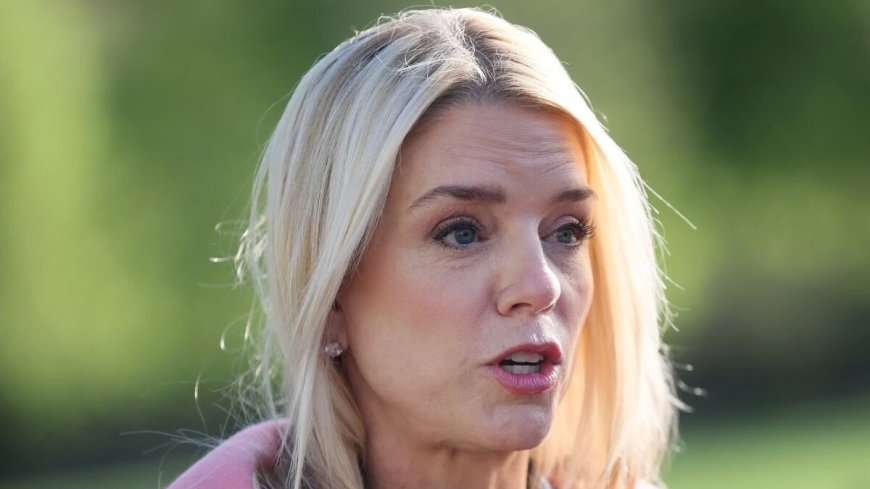Trump's DOJ Ends Restrictions on Seizing media records on leak probes
Trumps DOJ Ends Restrictions on Seizing media records on leak probes

Trump's DOJ Ends Restrictions on Seizing Media Records on Leak Probes
In a significant shift regarding media freedom and privacy rights, the Department of Justice (DOJ) under former President Donald Trump has announced the discontinuation of restrictions on the seizure of media records in leak investigations. This decision has stirred considerable debate among journalists, legal experts, and advocates for press freedom.
Background of the Policy Change
The prior policy, established during the Obama administration, aimed to create a balance between national security interests and the necessity of protecting journalistic freedom. This included stringent guidelines on how and when law enforcement could access media records. The reversal under Trump's Justice Department signals a drastic departure from these standards, raising concerns about potential overreach in investigations pertaining to leaks of classified information.
Implications for Journalists and the Media
The removal of these restrictions puts journalists at an increased risk of their communications being monitored without appropriate cause. Many investigative reporters rely on sources who may disclose sensitive information for the public’s right to know. Legal advocates worry that this policy change may deter whistleblowers from coming forward, thus impacting the media's role in holding government and powerful entities accountable.
Reactions from Experts and the Press
The announcement has prompted various reactions from news organizations and press freedom advocates, who warn that unrestricted access to media records could lead to chilling effects on journalistic practices. Organizations such as the Reporters Committee for Freedom of the Press have expressed their strong opposition, asserting that this change undermines the foundational principles of a free press.
Addressing National Security vs. Press Freedom
While the DOJ argues that the need for national security justifies this change, many experts point out that safeguarding a free press ultimately serves the public interest. It is crucial for media organizations to maintain the trust of their sources to report effectively on matters of public significance. The tug-of-war between government regulation and journalistic integrity will continue as this policy unfolds.
In conclusion, the DOJ's decision to end restrictions on seizing media records can have far-reaching consequences for the press, raising urgent questions about the protection of journalists in an increasingly scrutinized environment. Given the complex dynamics at play, it is essential for all stakeholders to engage in meaningful discussions on how to protect press freedom while addressing legitimate national security concerns.
For more updates, visit dharmyuddh.com. Keywords: Trump's DOJ ends restrictions, seizing media records leak probes, DOJ media seizure policy, press freedom issues, journalists privacy rights, national security vs. media freedom, impact on investigative journalism, whistleblower protection news







